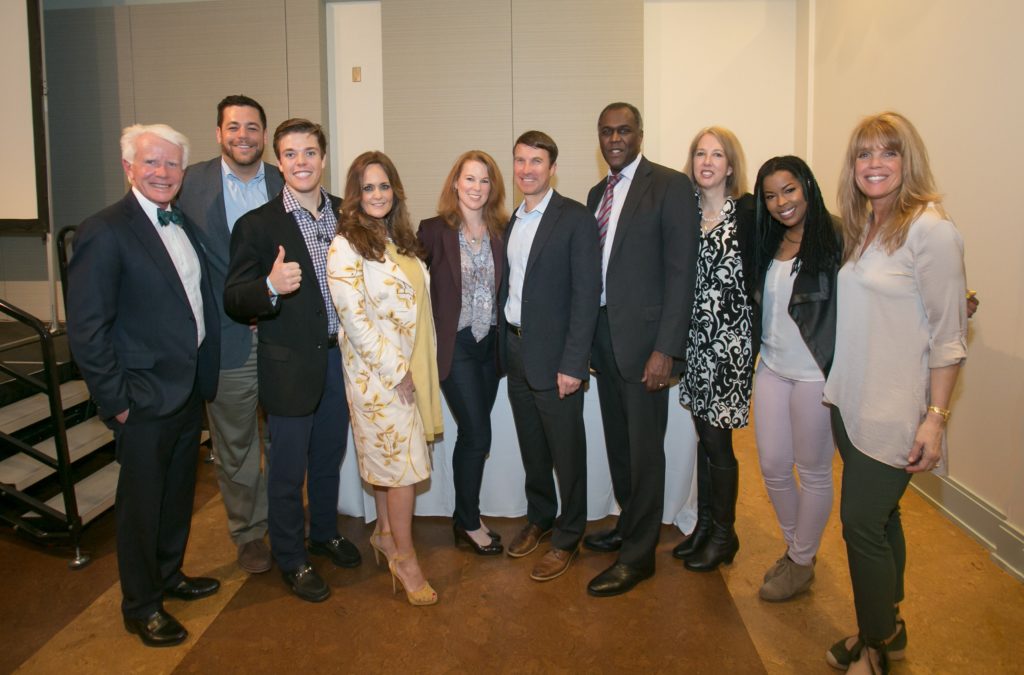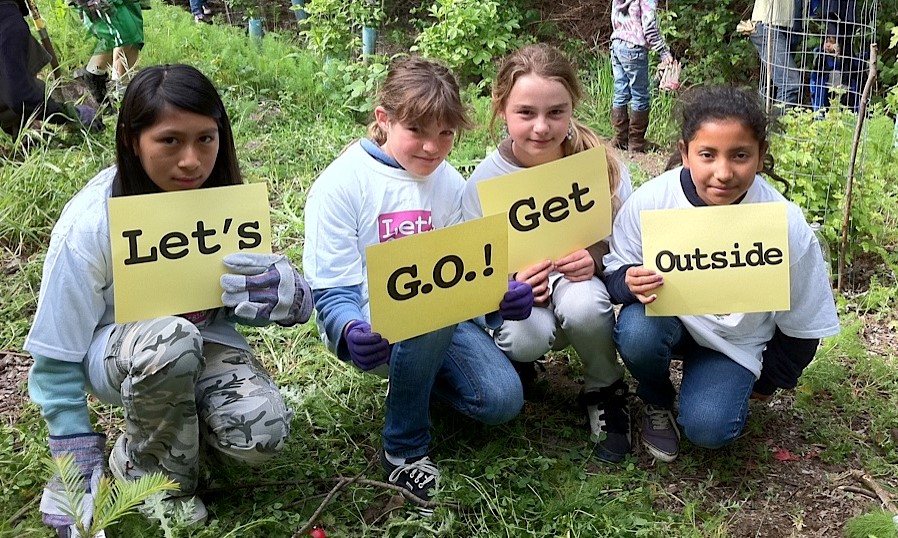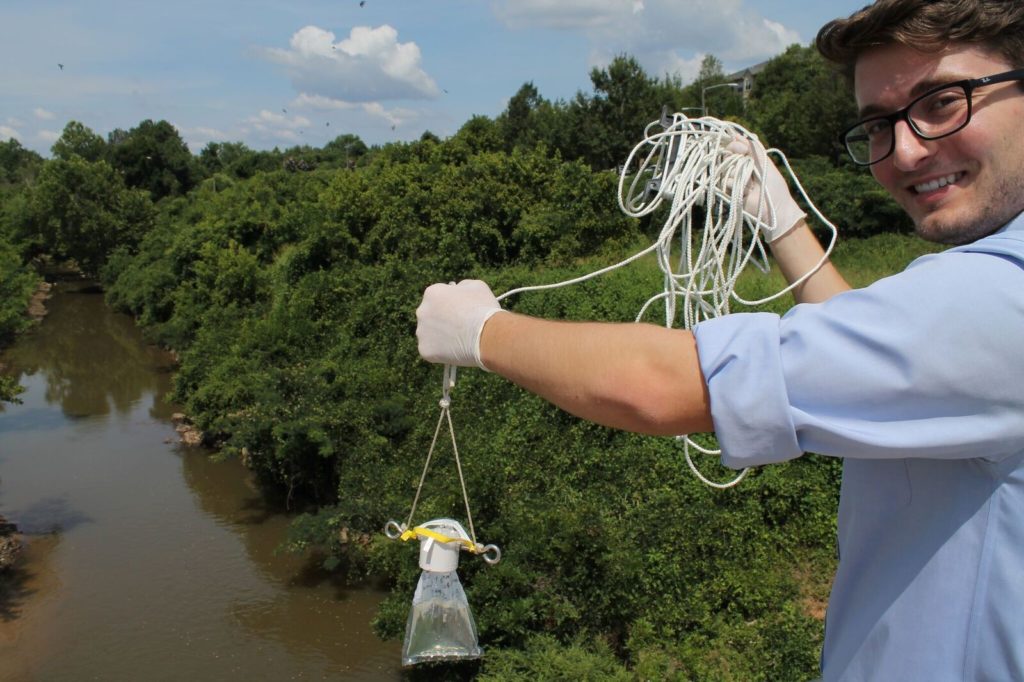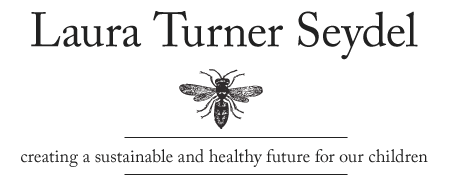When you think about top-tier cities in sustainability, Seattle or Portland typically come to mind. But Atlanta is quickly moving up the list, thanks to innovative programs, city leadership and now being part of the 100 Resilient Cities in America Initiative through the Rockefeller Foundation grant.
Twenty years ago, Atlanta was the opposite of a top-tier city in sustainability. In the 1990s, Atlanta was fined over $20 million by the U.S. Environmental Protection Agency (EPA) for allowing untreated sewage into the Chattahoochee River. And then in 2007, the Asthma and Allergy Foundation of America named Atlanta the Asthma Capital of America due to its poor air quality. So what changed?
Concerned citizens, business and community leaders, nonprofits and government leaders got together to do what Atlanta does best: lead by example. Here are a few programs that are moving Atlanta up the sustainability ladder.
100 Resilient City Program – resilientatlanta.com
100 Resilient Cities (100RC) was created by the Rockefeller Foundation on the foundation’s centennial in 2013. The foundation and a panel of expert judges reviewed more than 1,000 applications from prospective cities. The judges looked for innovative mayors, a recent catalyst for change, a history of building partnerships, and an ability to work with a wide range of stakeholders. In 2016, Atlanta was chosen as the 100th city.
100RC is dedicated to helping cities around the world become more resilient to the physical, social and economic challenges that are a growing part of the 21st century. It supports the adoption and incorporation of a resilient view that includes not only the shocks (earthquakes, fires, floods, etc.), but also the stresses that weaken the fabric of a city on a day-to-day or cyclical basis. Examples of these stresses include high unemployment, an overtaxed or inefficient public transportation system, endemic violence, or chronic food and water shortages. By addressing both the shocks and the stresses, a city becomes better able to respond to adverse events and to deliver basic functions in both good times and bad, to all populations. Visit the website to see the complete Resilient Atlanta strategic plan.

The Enlightenment Luncheon Series was held at the Atlanta Botanical Gardens with an expert panel on connecting kids to nature. Photo L-R
Steve Nygren, Mario Cambardella, John R.Seydel, Lisa Rayner Catherall, Stephanie Blank, Stacy Funderburke, Dr. Stephen Lockhart, Sarah Milligan-Toffler, Gabriella Logan, Laura Turner Seydel
Children & Nature Network – childrenandnature.org
On March 6, 2018, Atlanta hosted the 2018 Enlightenment Luncheon with the theme “Go Outside and Play.” I was honored to co-host along with Stephanie Blank, Lisa Rayner Catherall, and Steve Nygren.
A growing body of scientific evidence tells us that time spent in nature has the power to make children healthier, happier and smarter. But today’s children spend up to 90 percent of their time indoors, much of it in front of a screen. The 2018 Enlightenment Luncheon brought together health, education, arts and conservation experts to discuss the critical importance of nature access for children—and to highlight programs working to reconnect kids and families to the natural world.
One of the featured organizations was the Children & Nature Network (C&NN), which announced that its leadership summit and international conference would be held in Atlanta in 2020 and 2021, respectively. This gives Atlanta a chance to help lead and support the efforts of connecting children and nature. C&NN also announced a partnership with the National League of Cities and the city of Atlanta for the Cities Connecting Children to Nature Program. This initiative will build on the great work already underway in Atlanta, and create opportunities for new, systemic approaches to connecting more children, more equitably, to nature throughout the city.

The Children & Nature Network is launching their “Cities Connecting Children to Nature” Program in Atlanta.
Recycle Across America – recycleacrossamerica.org
Recycling is the No. 1 action we can all do to improve our existence on this planet. However, it must be done correctly.
China, the biggest purchaser of U.S. recycling, is banning the purchase of most U.S. recycled plastics, paper and cardboard mainly due to the large amounts of contamination. There have been hundreds of recycling plants closing throughout the country. The remaining facilities are experiencing a major backlog of stock.
One answer to the crisis is having a standardized labeling system for recycling bins to reduce the amount of contamination. This labeling system is the purpose of the Recycle Across America organization.
In Atlanta, Atlanta Public Schools (APS) has implemented the standardized labeling program. The results have been fantastic. APS has experienced a dramatic reduction in contamination levels (trash going into recycling bins) and a significant increase in recycling levels. The recycling levels averaged an increase of 30 percent with some schools seeing over 40 percent increases in recycling levels.
Going from contaminated recycling (resulting from the students making mistakes at the bin or simply not caring) to 100 percent contamination-free due to standardized labels is the difference between recycling collapsing or thriving in the U.S.
Now, Recycle Across America is talking with the city about a city-wide rollout of the standardized labels before Atlanta hosts Super Bowl LIII in 2019. This event gives Atlanta an opportunity to set an example for the entire country.

Trained Community Volunteers lead the way for the Chattahoochee Riverkeeper’s Neighborhhood Water Watch Program
Chattahoochee Riverkeeper’s Neighborhood Water Watch Program – chattahoochee.org
Because of the lack of government-agency resources to properly monitor the water quality of our rivers, the Chattahoochee Riverkeeper (CRK) started the Neighborhood Water Watch (NWW) program to monitor and test the water quality of the Chattahoochee River.
The NWW is a collaborative program between CRK and neighborhood groups, schools and citizens in our watershed. The goal: improved water quality in urban streams and protection of human health in the surrounding communities. The NWW comprises 109 partners that collect samples at 163 stations weekly. CRK invested in laboratory testing equipment to make testing affordable and to allow quick response to problems. In 2017, CRK tested 4,373 water samples and stopped 14 major spills.
Urban Gardening – AgLanta.org
The city has a serious commitment to providing fresh food to all of its citizens. In 2015, the City of Atlanta named its first-ever urban agriculture director – Mario Cambardella. The goal of the urban agriculture department is to bring local, healthy food within a half-mile of 75 percent of all Atlanta residents by year 2020. Atlanta currently has 11 farms, 49 orchards and 189 community gardens within its city limits. It also has many creative initiatives, including “Grows-A-Lot”, where citizens can adopt vacant lots for gardens; planting gardens under power lines; and starting Atlanta’s first Community Urban Food Forest at Browns Mill. AgLanta also hosts the annual AgLanta Eats Food Festival and the Smart Ag for Smart Cities conference.
We can all play a part in making Atlanta number 1 by supporting programs like standardized labeling to reduce contamination in our recycling stream, connecting kids to nature, getting involved with urban agriculture or becoming a citizen scientist to protect our watershed.



